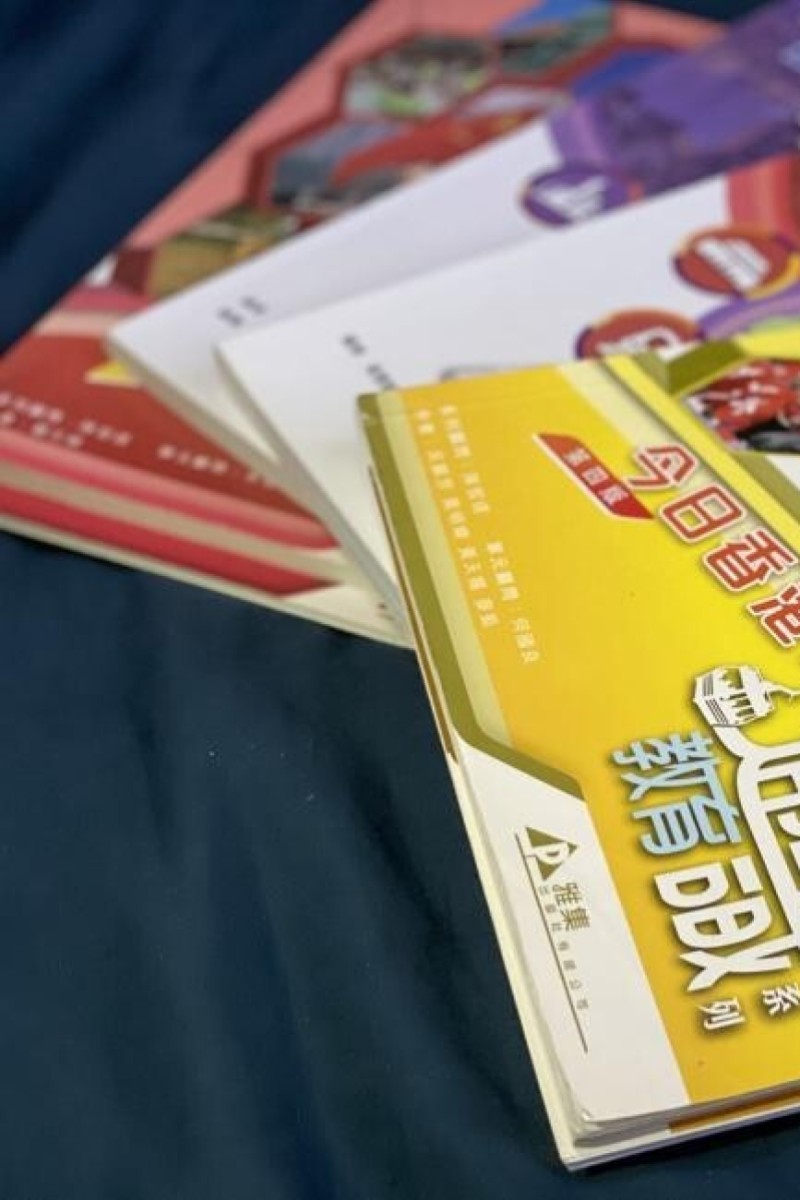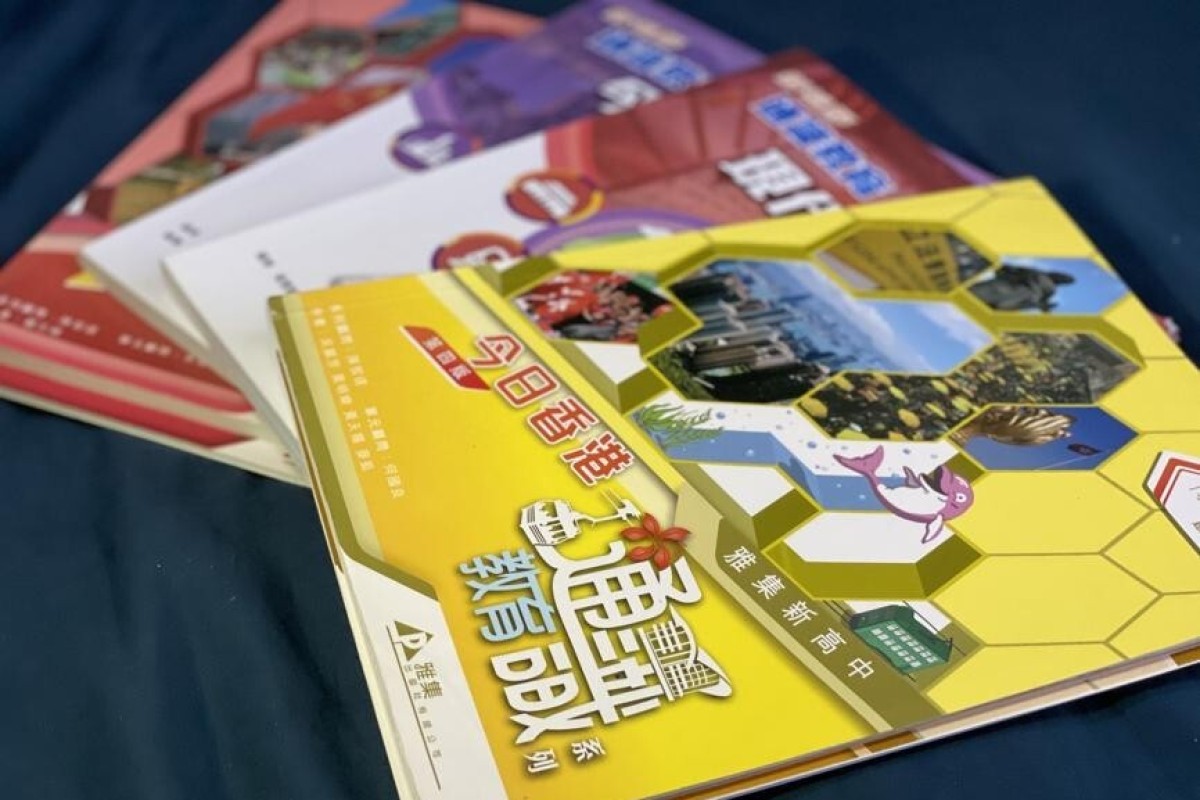
- A poll by a pro-establishment teachers’ union found a majority wish to keep the subject compulsory, but think parts should be reformed or removed
- Another group, the Professional Teachers’ Union, fears the changes could lead to self-censorship and will release different survey results
 Liberal studies has been mired in controversies in recent years, with pro-Beijing figures blaming it for the city's wave of protests. Photo: SCMP/Chan Ho-him
Liberal studies has been mired in controversies in recent years, with pro-Beijing figures blaming it for the city's wave of protests. Photo: SCMP/Chan Ho-himA poll conducted by a pro-establishment teachers’ union found that as many as 70 per cent of educators support a proposed revamp of Hong Kong’s controversial liberal studies subject, as a month-long consultation on reforming the syllabus ends on Tuesday.
In a poll released on Sunday, the Hong Kong Federation of Education Workers found that up to 75 per cent of teachers polled said they either “support” or “strongly support” keeping liberal studies as a core subject for compulsory examinations. About 71 per cent of the respondents said they agreed that the subject should be reformed and have parts of it removed.
Students have mixed reactions to liberal studies revamp
The poll also found that 40 per cent of the teachers were worried about their job security and 65 per cent expected to face problems when dealing with changes to the subject.
“The changes will occur on a large scale, and the amendments are expected to take place by the new academic year in September,” Tang Fei, the federation’s vice-chairman, said.
“The teachers hope the Education Bureau can announce the details, such as the teaching materials and sample exam papers, as soon as possible.”
Tang Fei (right), vice-chairman of Hong Kong Federation of Education Workers. Photo: Handout
Tang also said the reduced content of the syllabus meant teachers would spend more time teaching additional subjects, as the overhaul would slash about 100 hours of class time.
On February 2, the Education Bureau sent a consultation paper to schools regarding the overhaul of the subject curriculum, which would add issues such as national security, lawfulness and patriotism.
The bureau also said removing the subject’s “Independent Enquiry Study” (IES), a graded mini-thesis component, would reduce the workload of both teachers and students.
Why is liberal studies so controversial?
Some 64 per cent of those surveyed supported the removal of the IES, while about 60 per cent said they welcomed the introduction of study tours to mainland China.
Conducted in mid-February, the survey received 263 responses from liberal studies teachers, having an average of 8.4 years of teaching experience. About 70 per cent of the respondents were full-time teachers and the rest were contractual teachers.
Why are people upset over the removal of the term ‘separation of powers’ from liberal studies books?
Ip Kin-yuen, vice-president of the Professional Teachers’ Union (PTU) and a former opposition lawmaker representing the education sector, said the bureau had been tight-lipped about how it would train teachers on handling the revamped curriculum.
Cheung Yui-fai, director of the union’s education research department and a liberal studies teacher, said the PTU would on Monday release “quite different” survey results on the issue of the revamp of four core curriculum subjects, including liberal studies.
PTU members had earlier raised fears that teachers would be inclined to censor themselves to avoid trouble following the revamp.